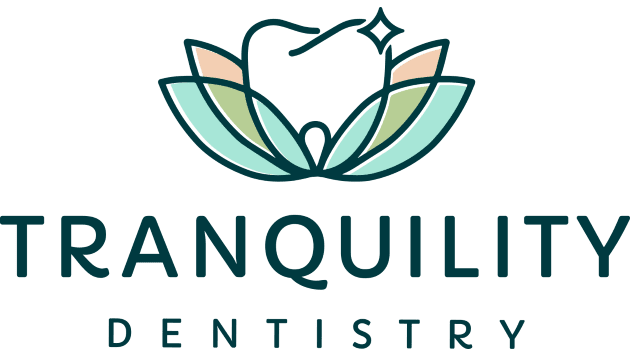
The Connection Between Oral Health and Sleep
How to Improve Both For a Healthy Life
In the hustle and bustle of daily life, the importance of a good night’s sleep often takes a backseat. What many may not realise is that oral health and sleep are intricately connected, with one significantly influencing the other. In this blog, we will explore the fascinating links between oral health and the quality of sleep, providing valuable tips to promote both a healthier mouth and better rest.
The Oral Health and Sleep Connection:
- Gum Disease and Sleep Disruptions:
Gum disease, also known as periodontitis, is a common oral health issue that can have far-reaching consequences. Research suggests a bidirectional relationship between gum disease and sleep disruptions. The inflammation associated with gum disease may contribute to conditions like sleep apnea, where breathing temporarily stops during sleep. Conversely, the fragmented sleep characteristic of sleep disorders can weaken the immune system, making individuals more susceptible to oral health issues.
- Snoring and Sleep Apnoea:
Snoring, often dismissed as a harmless habit, can be an indicator of more serious sleep-related issues. It is frequently associated with sleep apnoea, a condition where the airway becomes blocked, leading to brief pauses in breathing. Poor oral health, particularly issues like enlarged tonsils or a misaligned jaw, can contribute to snoring and sleep apnoea. Addressing these oral health concerns may improve sleep quality for individuals and their sleep partners.
- Bruxism and Tooth Damage:
Bruxism, or teeth grinding, is a common problem that often occurs during sleep. The force exerted during grinding can lead to tooth wear, fractures, and even jaw pain. Poor oral health, combined with factors like stress, can contribute to bruxism. Conversely, the consequences of bruxism, such as damaged teeth, can disrupt sleep as individuals may experience pain and discomfort.
Tips for a Healthier Mouth and Better Sleep:
- Establish a Consistent Oral Care Routine:
A fundamental step towards better oral health is the establishment of a consistent oral care routine. Brushing teeth twice a day using fluoride toothpaste, flossing to remove plaque between teeth, and using an antiseptic mouthwash can contribute to a healthier mouth. A clean and well-maintained oral cavity reduces the risk of gum disease, cavities, and other oral health issues that may impact sleep.
- Invest in a Comfortable Pillow and Mattress:
The right pillow and mattress can significantly impact sleep quality. For those with snoring or sleep apnoea concerns, elevating the head with a specially designed pillow may help keep airways open. Additionally, investing in a mattress that provides proper support for the spine can contribute to overall comfort and reduce the likelihood of sleep disruptions.
- Stay Hydrated and Watch Your Diet:
A well-balanced diet not only contributes to oral health but also influences sleep patterns. Stay hydrated to promote saliva production, which helps neutralise acids and prevent tooth decay. Limiting the consumption of sugary and acidic foods, especially close to bedtime, can contribute to both oral health and better sleep.
- Address Stress:
Stress is a common factor contributing to both poor oral health and sleep disturbances. Incorporate stress-reducing activities into your daily routine, such as meditation, deep breathing exercises, or engaging in hobbies. Managing stress not only benefits oral health by reducing the likelihood of bruxism but also contributes to a more relaxed and restful sleep.
- Consider Oral Appliances for Sleep Disorders:
For those dealing with snoring or mild to moderate sleep apnoea, oral appliances may offer relief. These devices, often prescribed by dentists, help reposition the jaw and tongue to keep the airway open during sleep. Consulting with a healthcare professional can determine the most suitable oral appliance based on individual needs.
The intricate connection between oral health and sleep highlights the importance of a holistic approach to well-being. By taking proactive steps to maintain good oral health, individuals can positively influence their sleep quality, and vice versa. From establishing a consistent oral care routine to addressing potential sleep-disrupting factors, the path to a healthier mouth and better rest is within reach. Recognising the symbiotic relationship between oral health and sleep allows us to embrace habits that contribute to overall well-being, paving the way for nights of restful sleep and days filled with vitality.
